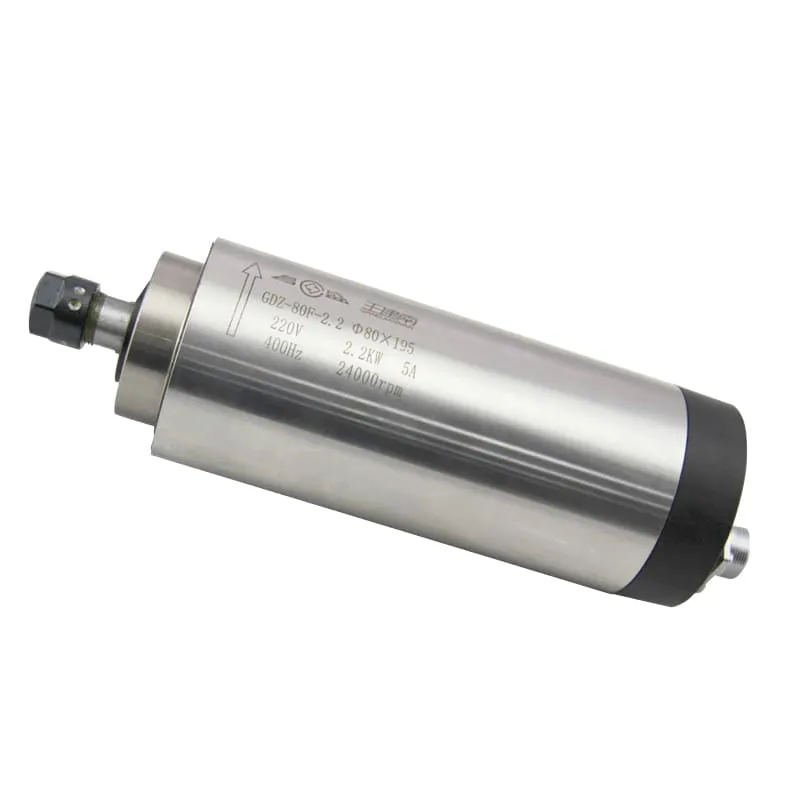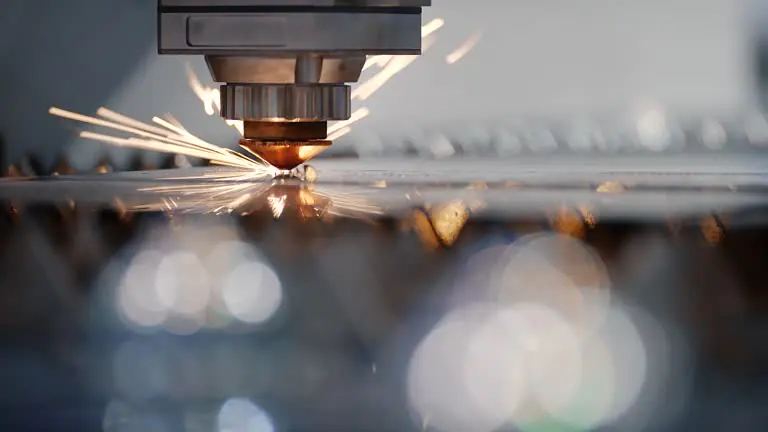Do CNC Machinists Make Good Money?
CNC (Computer Numerical Control) machinists can indeed make good money, with salaries varying based on factors such as experience, location, industry, and skill level. This comprehensive guide will explore the earning potential of CNC machinists, factors affecting their income, and career prospects in this field.
Overview of CNC Machinist Salaries
CNC machinists generally earn above-average wages compared to many other manufacturing roles. Here’s a general overview of salary ranges:
- Entry-level: $30,000 – $40,000 per year
- Mid-level: $40,000 – $60,000 per year
- Experienced: $60,000 – $80,000+ per year
Note that these figures can vary significantly based on several factors.

A CNC machine operated by skilled machinists
Factors Affecting CNC Machinist Salaries
1. Experience
As with many professions, experience plays a crucial role in determining a CNC machinist’s salary. Those with several years of experience and a proven track record can command higher wages.
2. Skill Level
Machinists who can operate complex machines, like those using 3.5KW ER20 Air-Cooled Spindles, or who have expertise in multiple types of CNC machines (mills, lathes, routers) often earn more.
3. Location
Salaries can vary significantly by geographic location. Areas with a high concentration of manufacturing industries or higher costs of living tend to offer higher wages.
4. Industry
Certain industries, such as aerospace or medical device manufacturing, may offer higher salaries due to the precision and complexity of the work.
5. Education and Certifications
Additional education or industry-recognized certifications can lead to higher pay and better job opportunities.
6. Company Size
Larger companies or those specializing in high-precision work may offer better compensation packages.
Career Growth and Advancement
CNC machinists have several paths for career advancement, which can lead to increased earnings:
- CNC Programmer: Developing the ability to program CNC machines can lead to higher-paying roles.
- Supervisor or Manager: Moving into leadership positions in machine shops or manufacturing facilities.
- Specialization: Becoming an expert in specific types of CNC machining or industries.
- Quality Control: Transitioning to roles focused on ensuring precision and quality in manufacturing.
- Self-Employment: Starting a machine shop or offering specialized CNC services.
Skills That Can Increase Earning Potential
- CAD/CAM Software Proficiency: Knowledge of design and manufacturing software is highly valued.
- Multi-Axis Machining: Skills in operating complex, multi-axis CNC machines are in high demand.
- Precision Measurement: Expertise in using precision measurement tools and techniques.
- Troubleshooting: Ability to diagnose and solve problems with CNC machines and programs.
- Knowledge of Advanced Materials: Familiarity with machining exotic materials or composites.
Industry Trends Affecting CNC Machinist Salaries
- Automation: While automation is increasing, skilled machinists who can set up and oversee automated systems are still in demand.
- Additive Manufacturing: Knowledge of 3D printing and hybrid manufacturing can be valuable.
- Industry 4.0: Familiarity with smart manufacturing and data-driven processes is becoming important.
- Specialized Industries: Aerospace, medical, and high-tech industries often offer premium salaries for skilled machinists.
FAQ
1. How long does it take to become a well-paid CNC machinist?
It typically takes 3-5 years of experience to reach mid-level earnings, and 10+ years to be considered highly experienced with top earning potential.
2. Are there regional differences in CNC machinist salaries?
Yes, salaries can vary significantly by region. Areas with a strong manufacturing base or high cost of living often offer higher wages.
3. What additional skills can help a CNC machinist earn more?
Programming skills, knowledge of multiple types of CNC machines, and expertise in CAD/CAM software can all lead to higher earnings.
4. Do CNC machinists get overtime pay?
Many CNC machinists are eligible for overtime pay, which can significantly increase their annual earnings.
5. How does the salary of a CNC machinist compare to other manufacturing jobs?
CNC machinists often earn more than general machine operators but may earn less than specialized engineers or managers in manufacturing.
6. Is there a demand for CNC machinists?
Yes, there is generally strong demand for skilled CNC machinists, especially those with experience in advanced machining techniques.
Conclusion
CNC machinists can indeed make good money, especially as they gain experience and develop specialized skills. While entry-level positions may start at modest salaries, experienced machinists can earn well above the national average wage. The combination of technical skill, problem-solving ability, and attention to detail required in this field makes skilled CNC machinists valuable assets in the manufacturing industry.
The earning potential for CNC machinists is further enhanced by the ongoing demand for precision-manufactured parts across various industries. As manufacturing technologies continue to advance, machinists who keep their skills up-to-date and embrace new technologies will likely find themselves in a strong position to command competitive salaries.
However, it’s important to note that achieving high earnings in this field often requires dedication to continuous learning and skill development. The manufacturing landscape is constantly evolving, with new materials, technologies, and processes emerging regularly. CNC machinists who are willing to adapt, learn new skills, and take on challenging projects are more likely to see their earnings grow over time.
For those considering a career as a CNC machinist, the field offers not only the potential for good earnings but also the satisfaction of creating tangible, precision-engineered products. Whether working in aerospace, automotive, medical devices, or other industries, CNC machinists play a crucial role in bringing designs to life and contributing to technological advancements.
Ultimately, while the earning potential for CNC machinists is generally good, individual success will depend on a combination of skills, experience, location, and the ability to adapt to the changing needs of the manufacturing industry. For those passionate about precision engineering and willing to continuously develop their skills, a career as a CNC machinist can offer both financial rewards and professional satisfaction.

